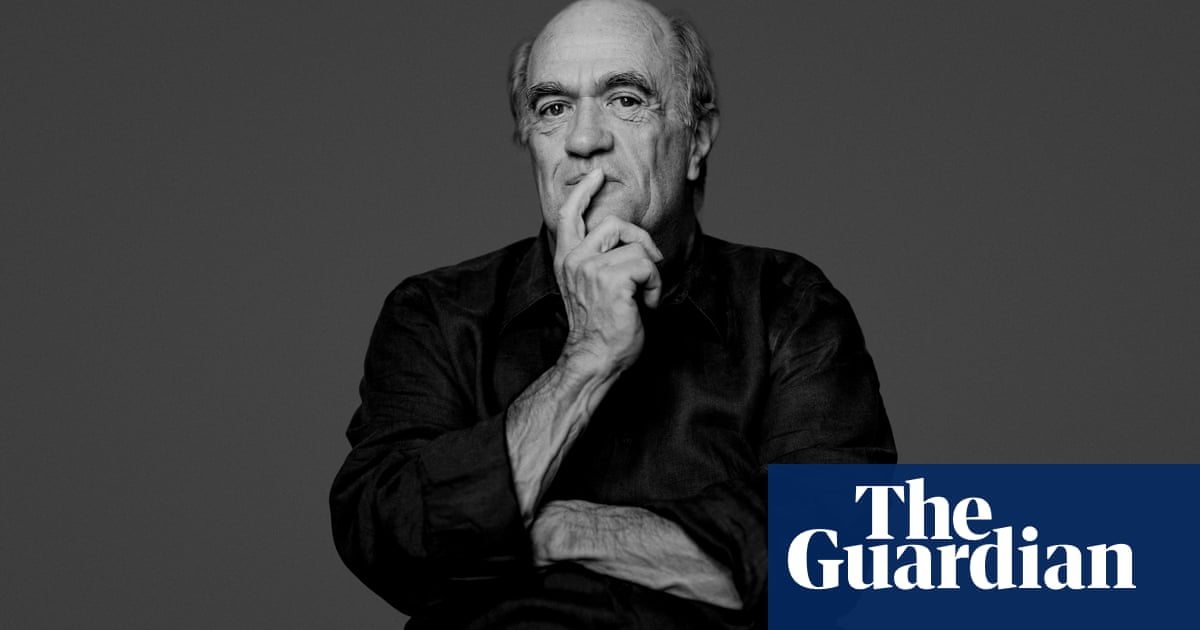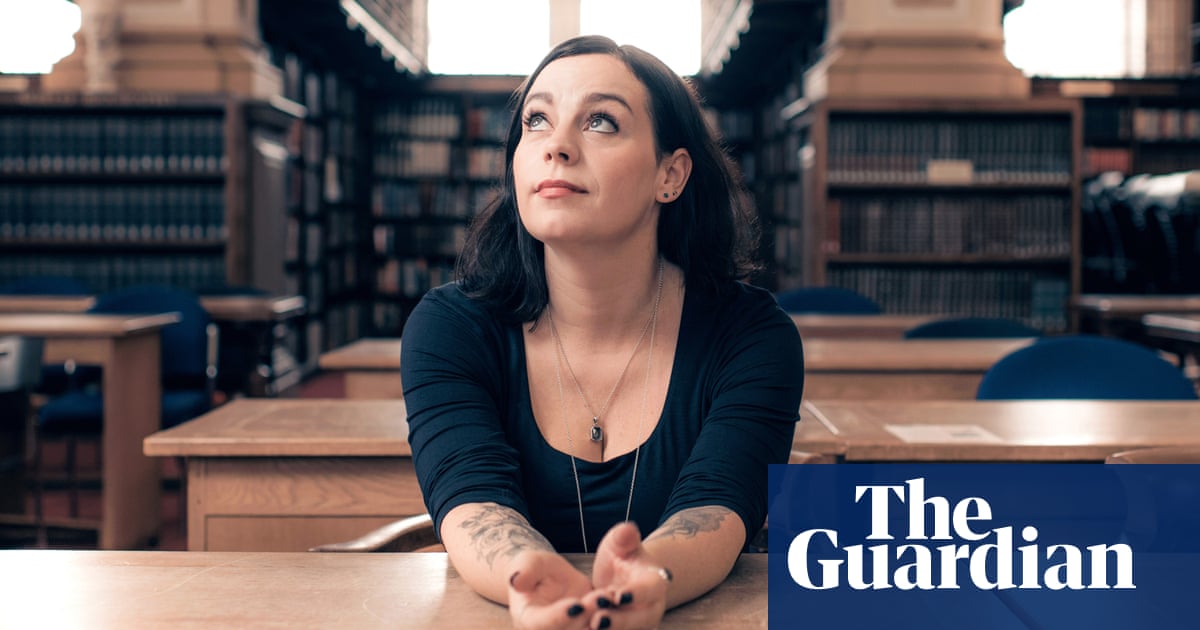
This House is set in the parliamentary whips’ office of the 1970s. What level of access did you get to the world of whips?
As a twenty-something, I knocked on Nicholas Hytner’s door and said: “I know I’m young but can I do this play?” I hadn’t done any research and I didn’t know all the elements of the story at the point he said yes. I was aware that whips traditionally operate with a complete code of silence. The whips’ office is a sealed-off world, which is why it was so exciting, but I also knew that if they didn’t talk to me there would be no play.
I got access through a mix of luck and belligerence. I wrote to people who had left office and some were willing to talk to me. I found myself sitting in Walter Harrison’s front room in Wakefield – he was in his 90s then and known as being the greatest whip of modern times – and also on a train to Sheffield with a packed lunch to visit Joe Ashton. He later invited me into the House of Commons and we were walking through the lobby when he passed his friend, [Baroness] Ann Taylor, who was someone I was desperate to talk to because she had been a young, working-class female whip from Bolton in the 70s. She unlocked the whole play for me, introducing me to other people and being such a force for good. By complete luck, my constituency MP in Ashfield was Geoff Hoon, who had been chief whip. I wrote to him and we met at the whips’ office. I took mental pictures of everything from the desks to the fireplace. I felt like a spy.
You have written other politics dramas since This House was first performed in 2012. What draws you to the subject?
I come from a working-class family in a Nottinghamshire mining town. I can only assume my adult obsession with structures of power comes from an absolute sense of powerlessness in a community like that. Despite the human devastation of the economic policies of the 80s and 90s there was very little done to help my neighbours and my family. So it’s no coincidence that I take an interest in the subject.
Do you think political theatre can be an engine for change?
Without a doubt, but I also accept that a single play may not change a piece of legislation. It’s one factor in a wider cultural movement. We need to take the pressure off theatre as a direct influence, but at the same time its influence is significant. Also, there’s an imbalance in the cultural landscape, with so much of it in London, but this does mean that the political classes are going to the theatre a lot. It was quite surreal to see a range of politicians, from George Osborne to John Bercow, coming over from Westminster to watch This House. Other playwrights might resist cross-contamination between the arts and politics but I celebrate it for all the conversations it can start.
The play ends with the ‘winter of discontent’ and the entry of Margaret Thatcher as prime minister. Would you be tempted to write a play about her reign?
I’m happy to tell you that I’m writing a kind-of sequel. I’ve joked that writing about the period of the 1970s when This House is set feels a bit like the Star Wars prequel: you know the Death Star is coming, and what’s exciting is the journey. The nation’s drama begins when this play’s light’s go down. I’m unofficially doing the next one off my own steam along with Jeremy Herrin [director of This House]. I’ve been working on it for over five years and I’m hoping lockdown will force me to finish it. It’s not a direct sequel but looking at government and whipping in the period between Thatcher and John Major. I delight in finding unlikely heroes and Major was an extraordinary character despite the perception of him at the time. I’ve written about that part of the 1970s when parliament went crazy and this would be the second. The third would be the proroging of parliament but I’m not sure I’d do a trilogy – I don’t want it to turn into a Bond franchise.
The drama features the Lib-Lab alliance of 1977 and it was staged while the coalition government [formed in 2010] was in office. Did you want to draw parallels between the two?
Yes, it was a conscious decision to go back to a hung government of the past. I wanted to channel the past as a parallel to illuminate what was going on. The power of theatre can exist in the terrain of metaphor and poetry. Going back to a past event can elevate a state-of-the-nation play in asking bigger questions about power, government and democracy.
A Tory whip in the play tells his Labour counterpart that ‘We’re not built for cooperation’. Do you think parliament is set up to be oppositional, not collaborative? Is the system dysfunctional?
I hope the play asks this question of the audience. We saw how the Liberal Democrats were punished for collaboration with the Conservatives. Instead of seeing partnership the way they do in Scandinavian social democracies, for example, all we saw was betrayal.
Our entire model is built around opposition and the play’s designer, Rae Smith, arranged the stage the way the House of Commons is designed around having an argument. The idea is that there is “my side” and “your side”, and we will never sit together. The Swedish parliament is built as an amphitheatre so everyone is in the round and they sit in the alphabetical order of their constituency. The randomised seating is designed to enforce collaboration between parties. In the House of Commons, the building itself will not allow for that.
As a panellist on Question Time last week you said that theatres were not going to reopen any time soon. Do you think they will look and feel the same when they do?
It’s hard to know but an important question to ask is whether they should look the same. I think we should celebrate the past few years, which, through the relentless campaigning of grassroots people and organisations as well as the backing of leaders, have opened up theatre to make it more diverse and get as many representative voices on stage. It isn’t perfect but positive progress is being made. In the difficult climate that theatre is in now, we have to hold on to asking big questions: how do we reset? Who are we resetting for? How can we speed up access to theatre and the arts for everyone?
Big Ben forms a striking backdrop to the set. Did you or the set designer decide it should be there?
I wrote it into the script. When, as a playwright, you discover that just at the point when this hung parliament became paralysed the clock stopped working, you say: “Hold on a minute!” It’s joyful, the way the universe is so mischievous.












